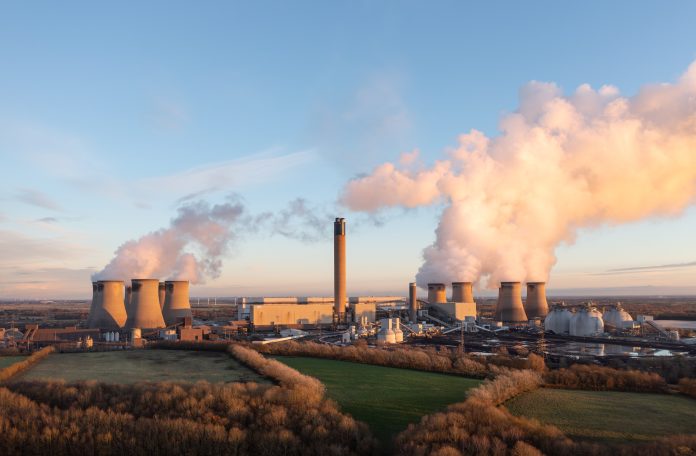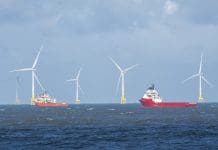Britain improves its efforts in clean energy as the HyNet carbon capture and storage (CCUS) cluster expands, securing 800 new skilled jobs and bringing the total number of direct roles supported by the project to 2,800 across North Wales and North West England
HyNet cluster expansion fuels growth
After receiving approval to proceed with the construction of the Liverpool Bay Transportation & Storage network in April, the government has announced that two new projects are entering negotiations to join the HyNet cluster.
These projects will contribute to Britain’s Plan for Change, which hopes to position the country as a global clean energy superpower while rejuvenating regional industries and reducing emissions.
The HyNet CCUS network, which covers areas including Flintshire and Cheshire, is one of the UK’s flagship decarbonisation initiatives. Capable of storing up to 4.5 million tonnes of CO₂ annually, which is the equivalent of removing two million cars from the road, the infrastructure will play one of the most critical roles in the UK’s journey to net zero.
Clean energy for homes and industry
The new projects joining HyNet will significantly improve the UK’s clean energy capabilities. The Connah’s Quay Low Carbon Power project in North Wales will be a cutting-edge power station equipped with carbon capture technology. When operational, it is expected to produce enough clean electricity to power up to 900,000 homes, while also reducing CO₂ emissions.
Meanwhile, the Ince Bioenergy with Carbon Capture and Storage (InBECCS) project in Cheshire will use waste wood to generate low-carbon energy, while permanently capturing and storing greenhouse gas emissions. It is set to become the UK’s first BECCS (Bioenergy with Carbon Capture and Storage) facility, marking a key milestone in the country’s climate strategy.
Secretary of State for Wales Jo Stevens said:
“This is another significant moment for the growing clean energy industry in Wales”
“We are making the UK a clean energy superpower and delivering the well-paid, highly-skilled jobs of the future in the process.”
“It’s fantastic to see North Wales at the forefront of the carbon capture industry and the hundreds of new jobs being created by the HyNet project will help drive regional growth as well as accelerating our drive towards lower bills and energy security.”
Jobs and industrial renewal
The expansion of the HyNet network is expected to deliver economic renewal in former industrial heartlands. Around 2,800 direct, skilled jobs will be supported across the region.
New pipelines and manufacturing facilities will be built, and existing power plants will be repurposed, allowing for a wide range of employment and supply chain opportunities.
The CCUS sector as a whole is expected to support up to 50,000 jobs across the UK into the 2030s, as demand for decarbonisation technologies continues to grow. This is likely to contribute around £5 billion annually to the UK economy by 2050.
Future projects and hydrogen integration
In addition to the two projects entering negotiations, five other projects have been shortlisted as potential additions to the network. These include initiatives involving hydrogen production, energy from waste, and direct air capture technologies. Their inclusion will depend on future capacity within the HyNet system.
The expansion also aligns with the government’s recent commitment to creating an integrated regional hydrogen network. This is a huge part of its strategy to become a Clean Energy Superpower, ensuring energy security and price stability for consumers while driving regional investment.
With £21.7 billion committed to developing the UK’s carbon capture industry, the government has moved quickly to establish foundational infrastructure. Financial close on both the HyNet and East Coast clusters has been achieved in under a year, with similar progress underway in Scotland and the Humber.











